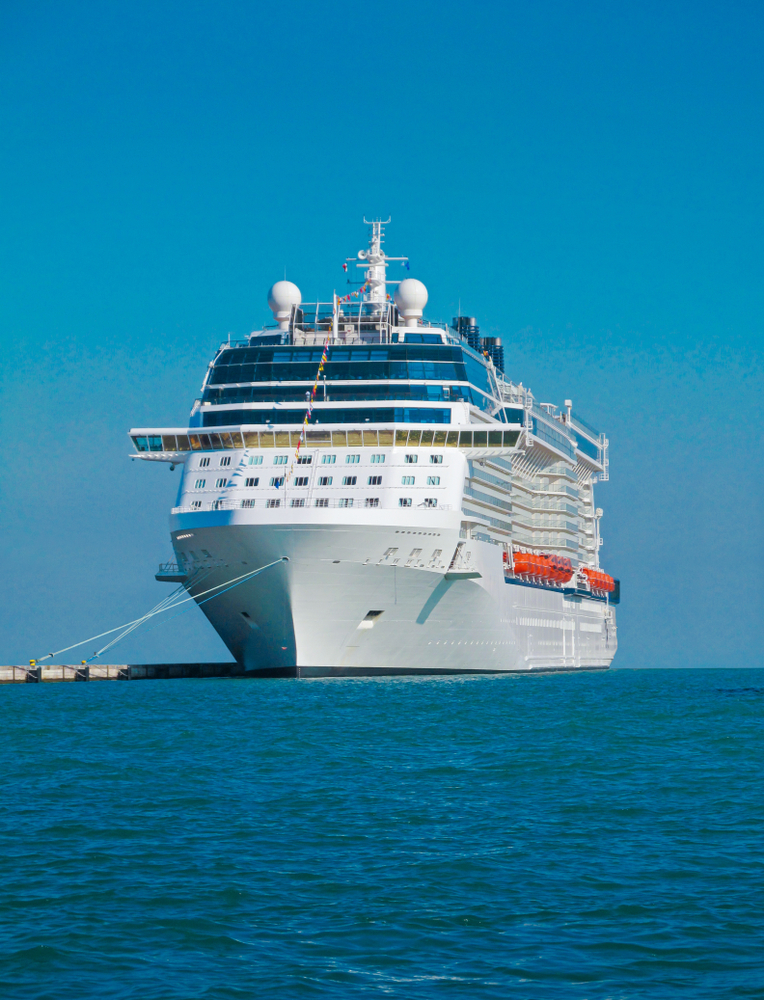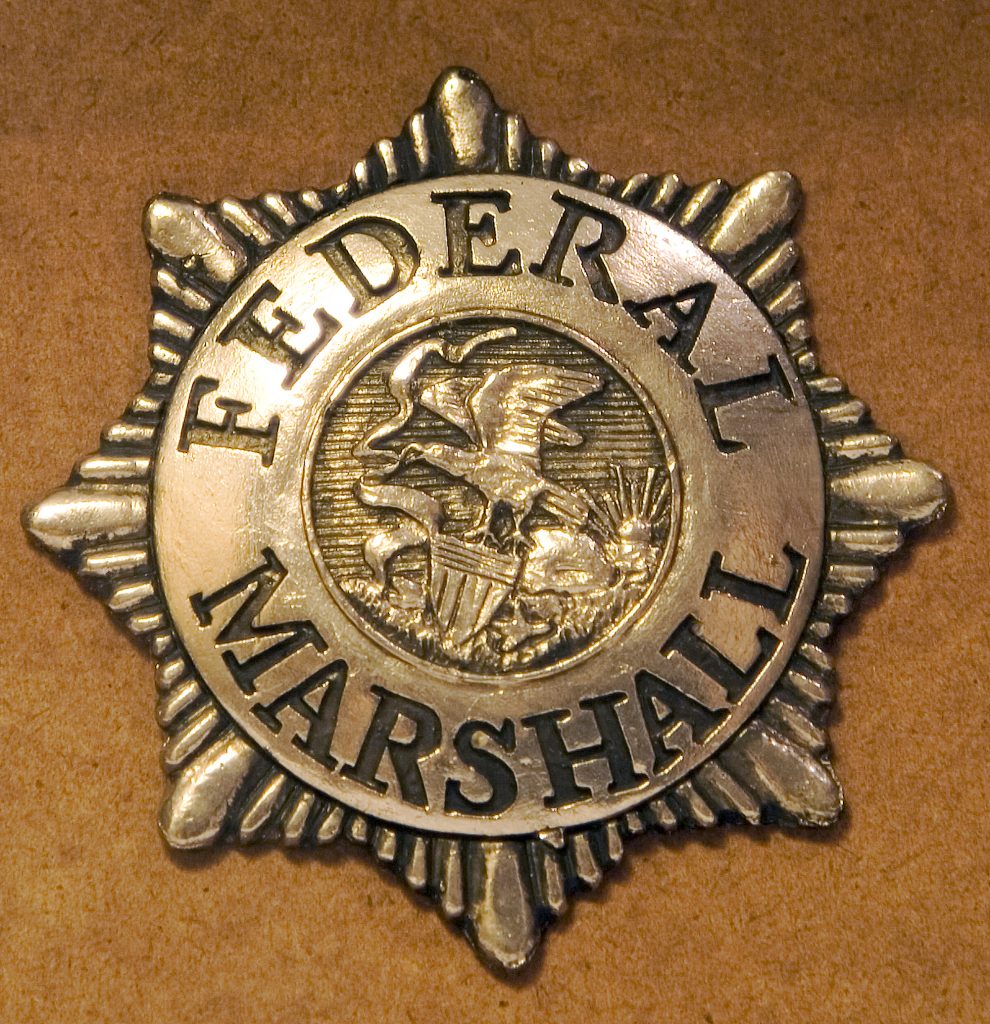Can a Vessel Be Arrested?

The answer to the question is Yes, even a vessel as large as a cruise ship can be arrested. A second question might be, “Why would anyone arrest a vessel?” The general maritime law of the U.S. provides that a vessel can be held responsible for its debts. This means that when an owner or a captain authorized to make decisions for the vessel procures services for the vessel, not only is the owner responsible for the debt but so is the vessel itself. Under the maritime law of the United States, a vessel which has benefitted from fuel, repairs, dockage, addition of equipment, painting, hull cleaning, etc., then the vessel can be held responsible for those legitimate “necessaries”–as they are called in maritime law. But also, the vessel may be held responsible for injuries it causes. We say “it causes” but obviously a vessel is not a human. So a vessel may be held responsible for the errors of its owner or operator in maritime cases involving injuries or damage.
Why would someone arrest a vessel? Consider that if an individual owed money to a person, a corporation, or government entity, that person owing the debt could be sued in court. Under maritime law, arresting a vessel is how the vessel is sued by persons, corporations, or government entity who are owed money by the vessel.
How Does That Work?

First, there has to be a legitimate unpaid debt or an injury caused by the vessel. (A government agency may also seize a vessel for suspected criminal activity.) Consider that the cruise ship Crystal Symphony operated by Crystal Cruises recently had a warrant issued for its arrest by the federal court in Miami. Crystal Cruises diverted its vessel away from the intended Miami docking because the company knew the arrest would occur if its vessel docked in Miami. To show how serious this event was for Crystal Cruises, its vessel still had 700 passengers on board when it diverted away its expected disembarkment point in Miami. The Complaint indicates that the corporation seeking the arrest is owed substantial money for fuel supplied to the Crystal Symphony. Yes, the cruise line owes the money but under maritime law so does the cruise ship.
Having done vessel arrests for our injured clients and some who were owed money for services the process begins when a Complaint is filed against a vessel in federal court. There are any more papers than the Complaint that also have to be filed in the federal court. If the federal judge decides the Complaint has legitimacy on its face, then the judge will issue an order instructing the federal Clerk of Court to issue a warrant for arrest of the vessel. There are penalties if the vessel is wrongfully arrested so it is not a good idea to have a non-maritime attorney try to do this procedure on a give-it-a-try basis. Other logistics before an arrest can be done include obtaining a custodian to hold the vessel while it is under arrest, and the arrest must be coordinated with the U.S. Marshal’s Office.
The good news for injured persons on vessels is that the vessel may well be held responsible for the boating injuries. This is especially important for an injured boating victim where the vessel owner did not have insurance on the boat. The injured person may still have recourse by going against the vessel. Once a vessel is arrested—if it established that the vessel owner or operator was at fault—the vessel may be forced to be sold at auction and the proceeds used to pay the injured claimant.
This is why it is important to use experienced maritime counsel.
We have been representing injured boaters for more than 25 years.
